Definition of Theil index

The Theil index is a statistical measure used to quantify inequality within a particular population or dataset. It is named after economist Henri Theil, who developed this index as a tool for analyzing income inequality. The index calculates the overall inequality by taking into account both the average income or variable being measured and the distribution of that variable across individuals or groups. The Theil index ranges from 0 to 1, where 0 indicates perfect equality (everyone has the same income or value) and 1 represents complete inequality (one person or group possesses all of the income or value). It is an important tool in the field of economics and social sciences for understanding and analyzing inequality within a society or system.
Read more
Definition of Lorenz curve
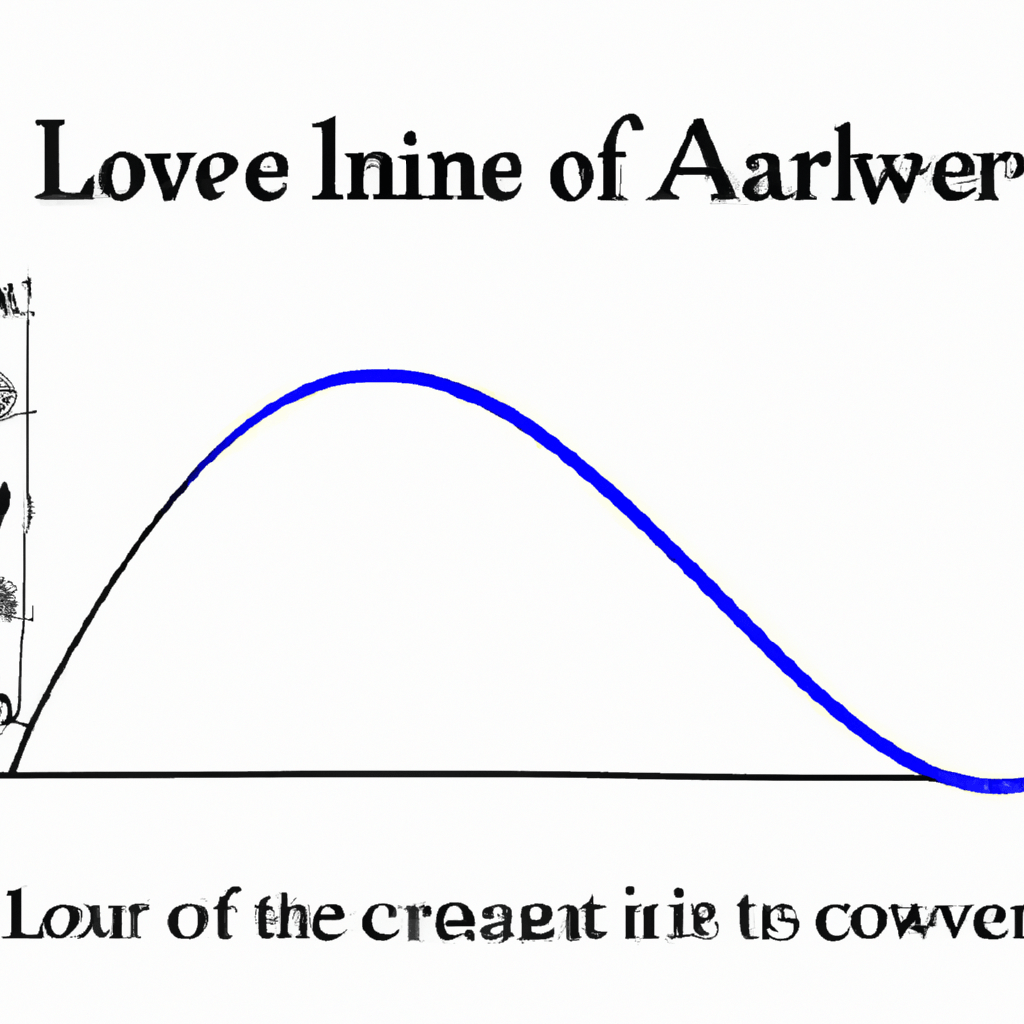
The Lorenz curve is a graphical representation of income distribution within a given population. It plots the cumulative percentage of total income received by the population against the cumulative percentage of the population. This curve is widely used in economics and social sciences to measure inequality. The closer the Lorenz curve is to the line of absolute equality, the more equal the income distribution. On the other hand, a more bowed-out curve suggests greater income inequality. By analyzing the shape and position of the Lorenz curve, policymakers and researchers can better understand the level of inequality present in a society, aiding in the formulation of effective policies to address it.
Read more
Definition of Atkinson index
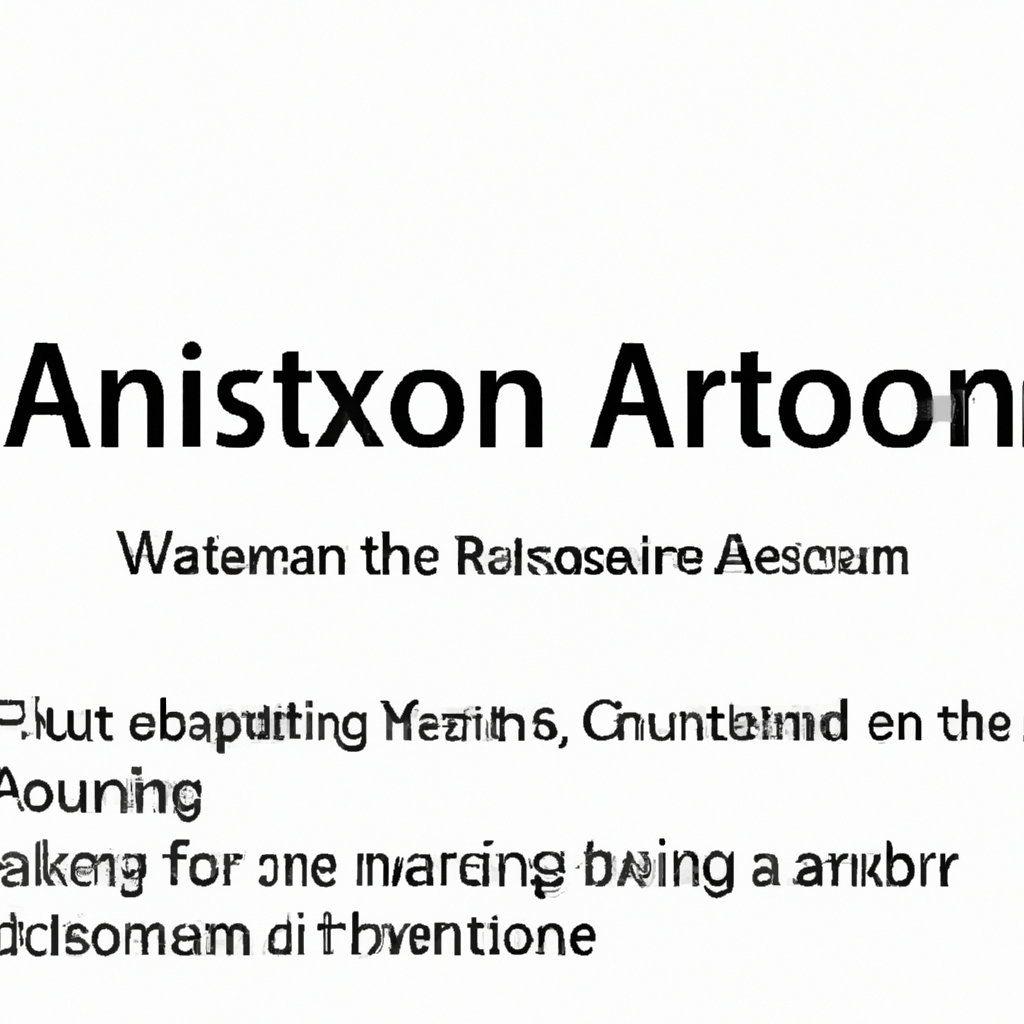
The Atkinson index is an economic indicator used to measure income inequality within a population. It provides insights into the concentration of income and the distribution of wealth by taking into account both the number of individuals and the inequality of their income distribution. The index ranges from 0 to 1, with a value of 0 indicating perfect equality and a value of 1 indicating maximum inequality. By calculating the Atkinson index, policymakers and economists can assess the impact of various socio-economic policies on income distribution and make informed decisions to address inequality and promote equitable growth.
Read more
Construction of Lorenz curve

The Lorenz curve is a graphical representation used to analyze the distribution of income or wealth within a population. Constructing a Lorenz curve involves a series of steps. First, the data must be sorted based on income or wealth levels from lowest to highest. Next, the cumulative percentage of the total income or wealth is calculated for each corresponding group. A graph is then created, with the cumulative percentage on the y-axis and the cumulative percentage of the population on the x-axis. Finally, a line of equality is drawn to represent perfect equality, and the Lorenz curve is plotted by connecting the cumulative percentage points on the graph. The resulting curve visually illustrates income or wealth inequality within a society.
Read more
consequences

Consequences are inevitable outcomes that occur as a result of our actions or decisions. They serve as a guiding force in our lives, as they can either reinforce positive behaviors or deter us from repeating negative ones. Whether big or small, consequences shape our experiences, teaching us valuable lessons along the way. They can be both rewarding and challenging, holding us accountable for our choices. Understanding the potential consequences of our actions empowers us to make informed decisions and navigate life with greater wisdom. In essence, consequences are the natural cause-and-effect mechanism that helps us learn, grow, and navigate the complexities of life.
Read more
Concept of income inequality
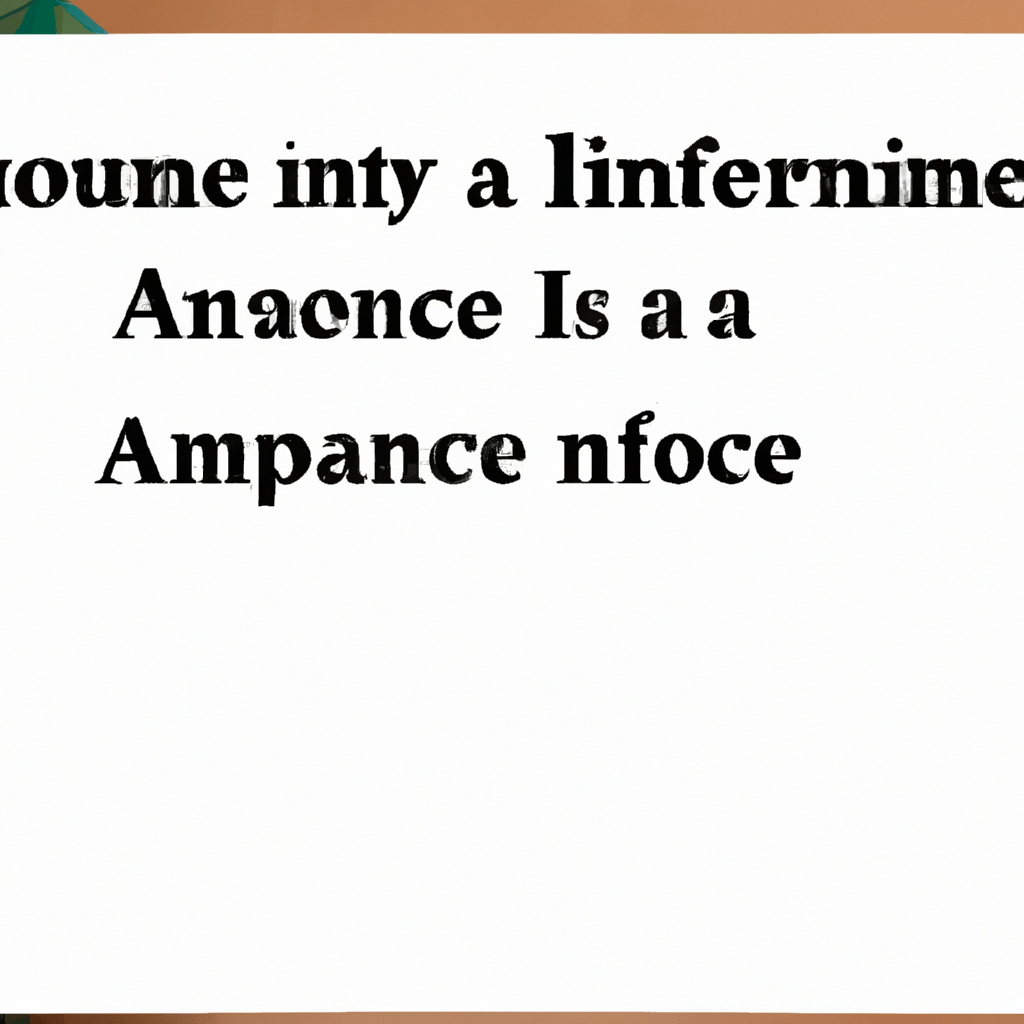
The concept of income inequality refers to the unequal distribution of wealth and income among individuals within a society or a specific geographical area. It highlights the disparities in earning potential and financial resources, which can result in a significant gap between the rich and the poor. Income inequality is often measured using indicators such as the Gini coefficient, which quantifies the extent to which income distribution deviates from perfect equality. This issue has profound social and economic implications, as it can lead to social unrest, hinder economic growth, and perpetuate intergenerational poverty. Various factors contribute to income inequality, including differences in education, labor markets, taxation policies, and societal norms and values.
Read more
Calculation of Theil index
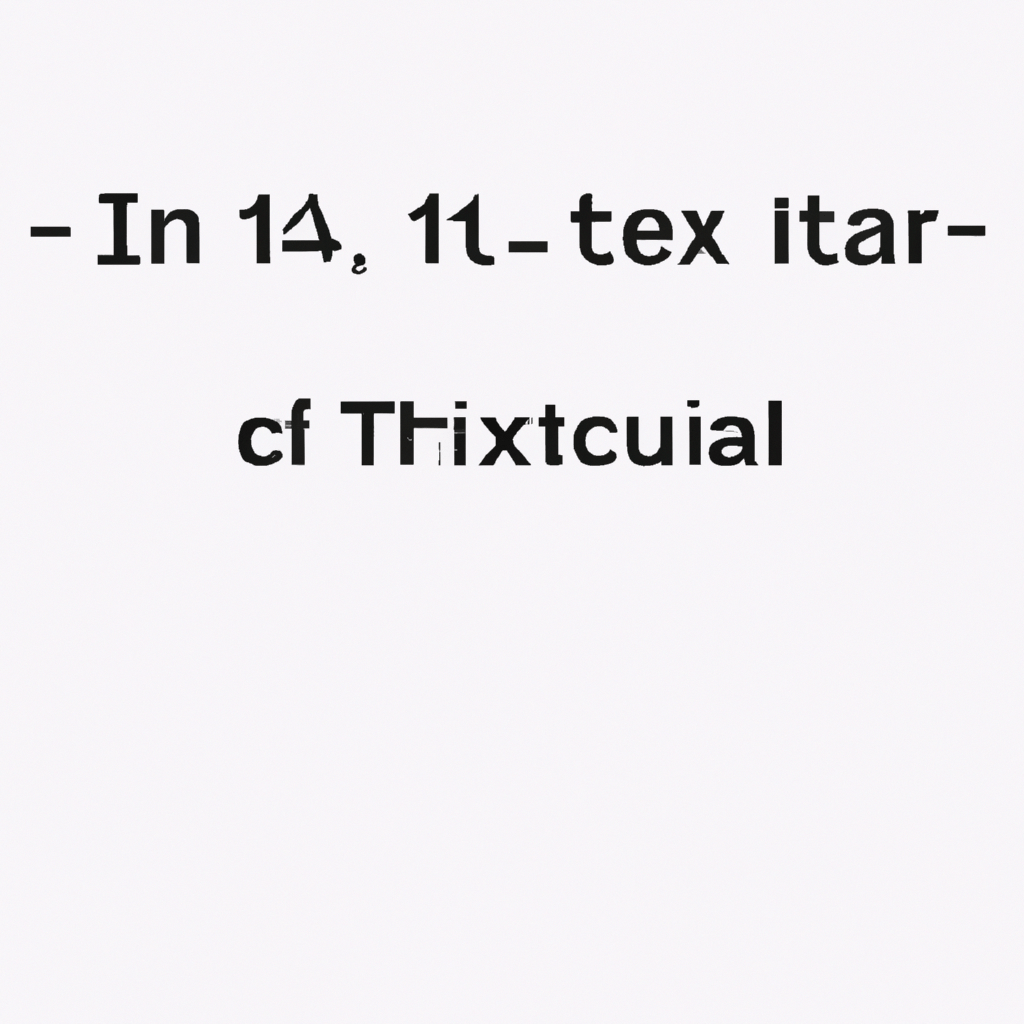
The Calculation of Theil Index is a statistical measure used to quantify inequality within a given population or dataset. Developed by econometrician Henri Theil, it provides a comprehensive analysis of inequality by taking into account both within-group and between-group disparities. The Theil Index is calculated by considering the logarithmic differences between individual values and the overall average. The resulting index ranges from 0 to 1, with higher values indicating greater inequality. This method allows policymakers and researchers to evaluate the distribution of income, wealth, or any other relevant variable, making it a valuable tool for understanding and addressing societal disparities.
Read more
Calculation of Gini coefficient

The Gini coefficient is a widely used measure of income inequality. Calculating the Gini coefficient involves analyzing the distribution of income or wealth within a population. It ranges from 0 to 1, where 0 represents perfect equality, and 1 signifies extreme inequality. The formula for calculating the Gini coefficient involves plotting cumulative income against cumulative population on a Lorenz curve. The larger the area between the Lorenz curve and the line of perfect equality, the higher the Gini coefficient, indicating greater inequality. Understanding and calculating the Gini coefficient is crucial for assessing and addressing income disparities within societies.
Read more
Calculation of Atkinson index
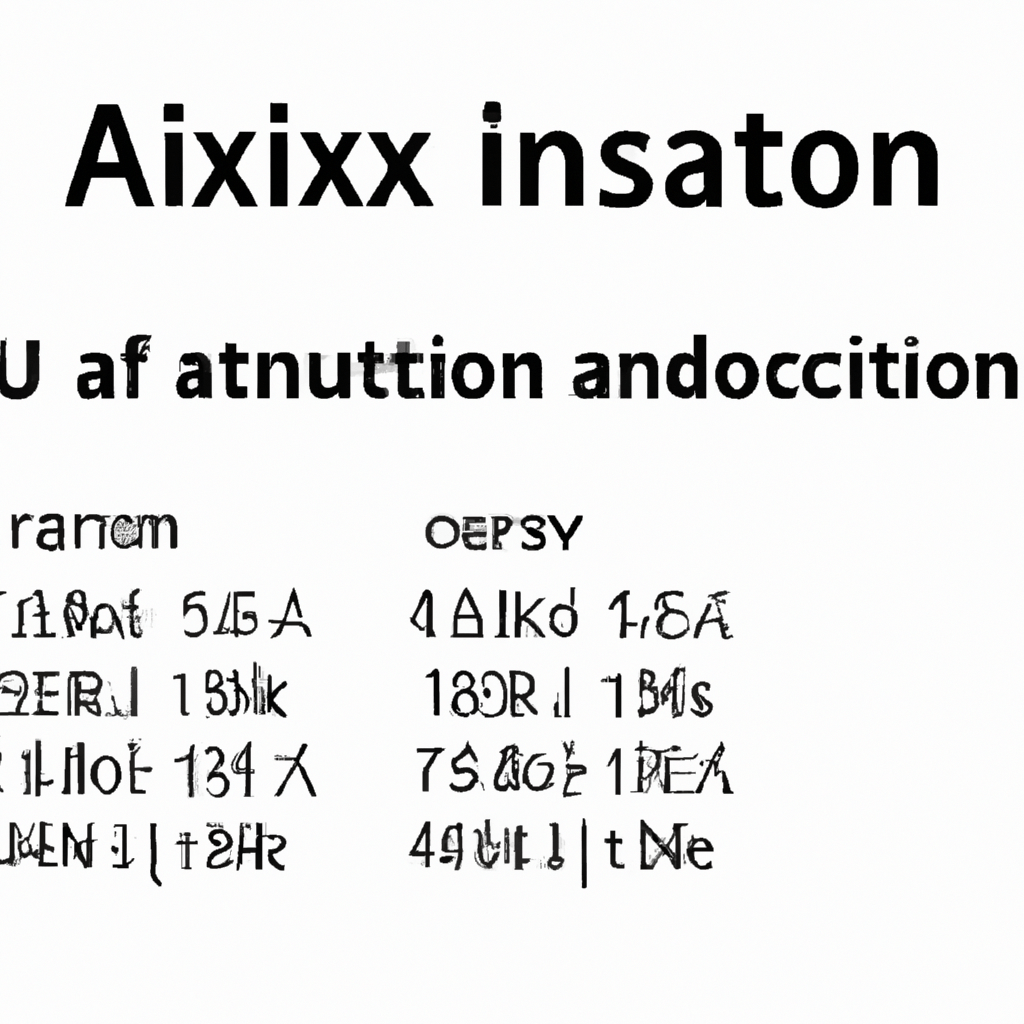
The calculation of the Atkinson index is a method used to measure income inequality within a given population. It provides valuable insights into the distribution of income and the disparity between different groups. The Atkinson index takes into account both the unequal distribution of income and society's level of aversion to inequality. By incorporating these factors, the index offers a comprehensive assessment of inequality. This calculation involves a mathematical formula that considers the income shares of individuals at different percentile levels. By analyzing the Atkinson index, policymakers and researchers can gain a deeper understanding of income disparities and work towards implementing policies to address them.
Read more
Applications of Theil index.
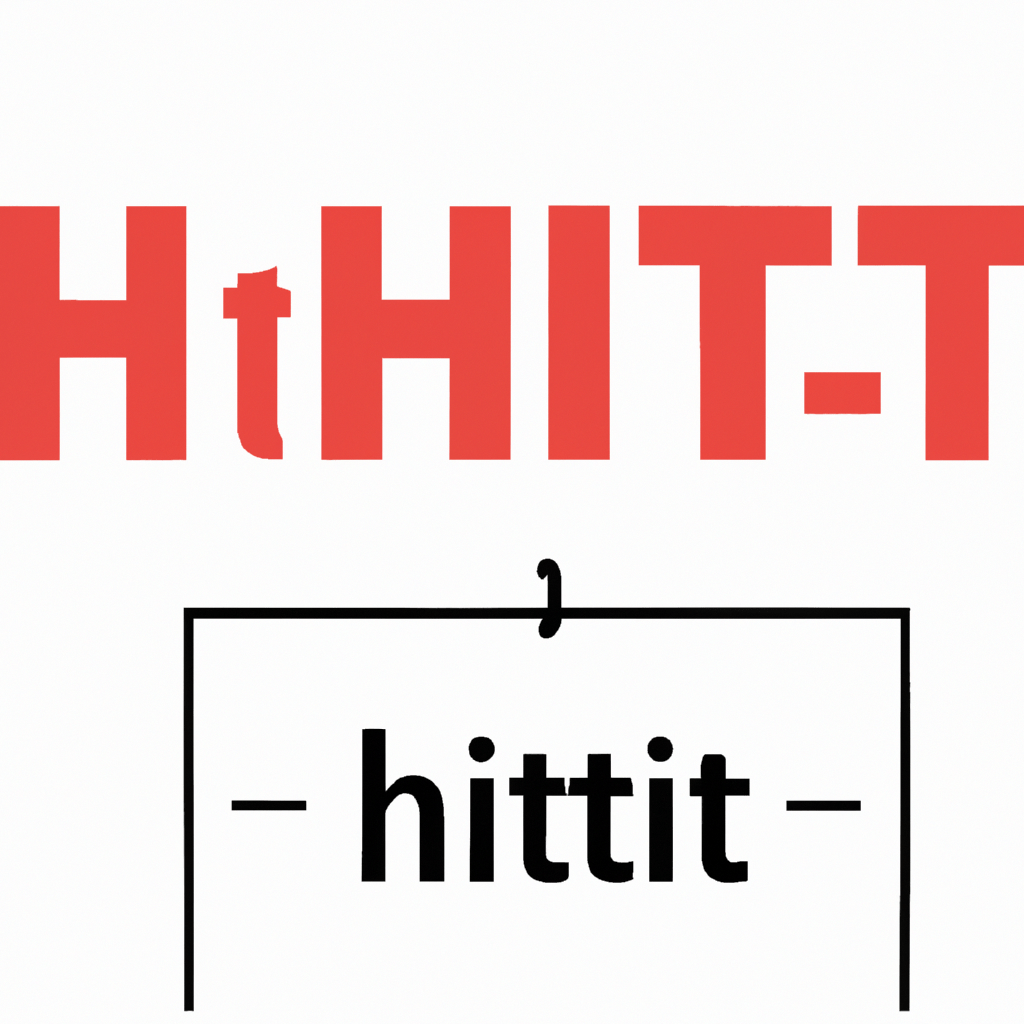
The Theil index is a widely used economic measure that has various applications in different fields. In economics, it is often employed to analyze income inequality within a population, helping policymakers understand the distribution of wealth. It is also utilized in the field of urban planning to study spatial inequality and identify areas that require targeted interventions for balanced development. Furthermore, the Theil index has found utility in assessing market competitiveness and concentration, allowing businesses to evaluate their market positions. Additionally, it has been applied in environmental studies to examine resource distribution and identify areas of environmental inequality for targeted conservation efforts. Overall, the Theil index serves as a valuable tool for analyzing and addressing disparities in various societal contexts.
Read more












